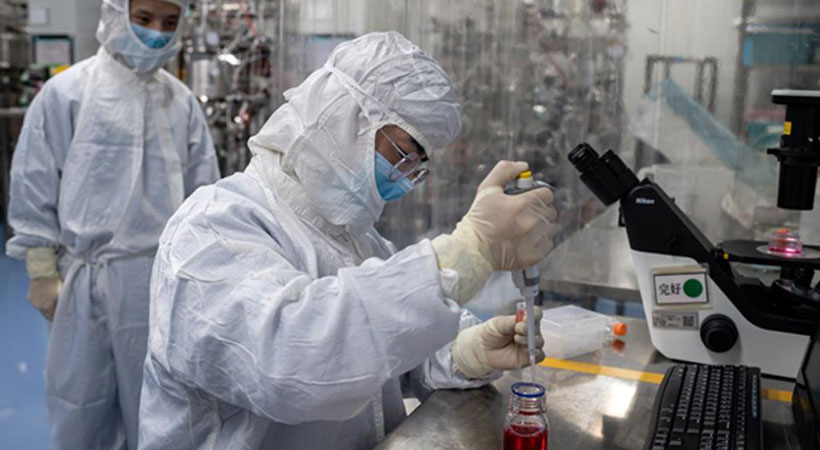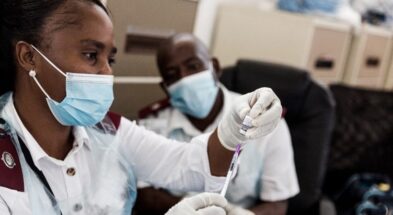Results from an early-phase clinical trial of a Chinese vaccine candidate based on the inactivated whole SARS-CoV-2 virus, CoronaVac, revealed that the formulation appears safe and induces an antibody response in healthy volunteers aged between 18 to 59 years. According to the Phase 1/2 randomised clinical trial findings, published in The Lancet Infectious Diseases journal on Tuesday, antibody responses could be induced in participants within 28 days of the first immunisation by giving two doses of the vaccine candidate 14 days apart.
The researchers have also identified the optimum dose to generate the highest antibody responses while taking into account the side effects and production capacity, which will be further studied in phase 3 trials that are already underway.
While the average levels of neutralising antibodies induced by CoronaVac were lower than those seen in people who had previously had COVID-19, the scientists still believe that the vaccine candidate could provide sufficient protection against COVID-19 infections on their experience with other vaccines and data from their preclinical studies with macaques.
Since the trial was not designed to assess efficacy, the findings from phase 3 studies will be crucial for determining if the immune response generated by CoronaVac is sufficient to protect from SARS-CoV-2 infection. Additionally, to determine how lasting the protection might be, the antibody response’s persistence needs to be verified. Also, the study only included healthy adults aged 18 to 59 years and the performance of the vaccine candidate in other age groups and in people who have pre-existing medical conditions is yet to be assessed.
CoronaVac is one of 48 vaccine candidates for COVID-19 that are currently in clinical trials. It is a chemically-inactivated whole virus vaccine based on a strain of SARS-CoV-2 that was originally isolated from a patient in China.
Fengcai Zhu, joint lead author of the study, from the Jiangsu Provincial Center for Disease Control and Prevention, stated, “Our findings show that CoronaVac is capable of inducing a quick antibody response within four weeks of immunisation by giving two doses of the vaccine at a fourteen-day interval.” Commenting on the same, Dr.Naor Bar-Zeev, from Johns Hopkins University, warned that, “Like all phase 2 trials, the results must be interpreted with caution until phase 3 results are published. But even then, after phase 3 trial completion and after licensure, we should prudently remain cautious.”



















